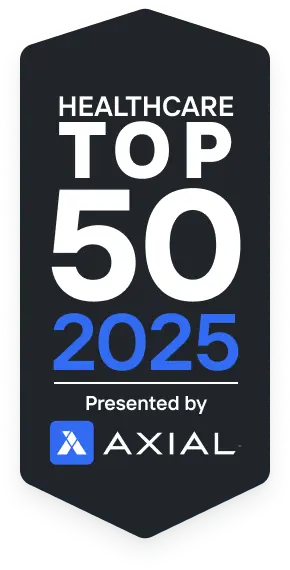Selling your addiction treatment center is a significant decision that can have far-reaching effects on your professional and personal life. To ensure a smooth transition and achieve the best possible outcomes, it is essential to be aware of and avoid common pitfalls. Proper preparation and strategic planning can help you navigate the complexities of the sale process and maximize the value of your practice.
Lack of Thorough Planning
One of the most frequent mistakes is inadequate preparation. Before listing your addiction treatment center for sale, ensure that all financial records, legal documents, and operational data are meticulously organized. Accurate and well-maintained records not only enhance your center’s appeal but also facilitate smoother negotiations and due diligence processes. Invest time in organizing your financial statements, addressing any outstanding issues, and preparing detailed reports on the center’s financial health.
Misjudging Key Valuation Drivers
Understanding what drives the valuation of an addiction treatment center is crucial. Common valuation mistakes include overlooking market trends, undervaluing intangible assets like reputation and patient success rates, and neglecting growth potential. Engage a professional appraiser or Merger & Acquisition Advisor with experience in the healthcare sector to conduct a thorough valuation. This will help in setting a realistic asking price that reflects the true worth of your center.
Poor Market Timing
Timing is critical when selling your treatment center. Market conditions, industry trends, and economic factors can significantly impact the sale. Selling during a downturn or when the market is saturated with similar centers can reduce your bargaining power. Conversely, selling during a period of high demand can lead to a more competitive bidding process. Stay informed about industry trends and seek advice from experts to identify the optimal time to sell.
Ineffective Marketing Tactics
Attracting the right buyers requires a strategic marketing approach. Simply listing your center for sale is not enough. Develop a comprehensive marketing plan that highlights the unique strengths and opportunities of your center. Utilize multiple channels to reach potential buyers, including online listings, professional networks, and industry publications. Engage with potential buyers early and maintain open communication to build trust and interest.
Neglecting Operational Excellence
Maintaining operational efficiency during the sale process is vital. Potential buyers will scrutinize your center’s operations, looking for any signs of inefficiency or mismanagement. Address any operational issues before listing your center for sale. Streamline processes, enhance patient care protocols, and ensure that your staff is well-trained and motivated. Demonstrating a well-run center can significantly boost its appeal to buyers.
Insufficient Buyer Due Diligence
Conducting thorough due diligence on potential buyers is as important as them doing due diligence on your center. Insufficient due diligence can lead to post-sale disputes and unmet expectations. Investigate the background, financial stability, and reputation of prospective buyers. Ensure that their goals align with yours and that they have a clear plan for the future of your center. This helps in selecting the right buyer who will continue your legacy.
Unrealistic Sale Expectations
Unrealistic expectations regarding the sale price and terms can hinder the sale process. Set realistic expectations based on market conditions, your center’s performance, and professional valuations. Understand that while you may have an emotional attachment to your center, buyers will evaluate it based on its financial and operational metrics. Being flexible and open to negotiations can facilitate a smoother transaction.
Overlooking Compliance Issues
Ensuring legal and regulatory compliance throughout the sale process is crucial. Overlooking compliance issues can result in delays, penalties, or even the collapse of the deal. Work with legal professionals experienced in healthcare transactions to review all contracts, licenses, and regulatory requirements. Address any compliance issues proactively to avoid complications during the sale.
By avoiding these common mistakes, you can enhance the appeal of your addiction treatment center, attract the right buyers, and achieve a successful sale. Thorough preparation, realistic expectations, and strategic planning are key to navigating the complexities of the sale process and maximizing the value of your center.
For personalized guidance on preparing and selling your addiction treatment center, contact Tony Siebel, Managing Director at Olympic M&A. Reach out at 502.360.8320 or email tonys@olympicma.com. Connect with Tony on LinkedIn: linkedin.com/in/tonysiebel. Let Olympic M&A assist you in navigating this transition with expertise and dedication.







